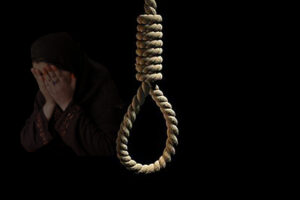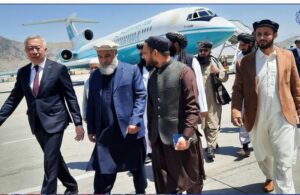KABUL (SW) – Freedom of speech and independent media were considered as the most important achievements of the past 20 years, but the rise of the Islamic Emirate has caused the media sector to suffer a lot.
Hojatullah Mujadadi, the head of the Free Journalist Association of Afghanistan, told Salam Watandar that in the past year, 219 media outlets out of 544 active media outlets in the country have ceased to operate.
According to him, out of 12,000 media workers in Afghanistan, 7,000 of them have lost their jobs after the developments in the country.
Mujadadi added that among the 7,000 unemployed media workers, 2,100 of them are women. He emphasized that in the past year, 125 cases of violence against journalists have been registered, most of which are illegal arrests.
However, Seyed Ali Asghar Akbarzadeh, a member of the Federation of Journalists and Media Organizations of Afghanistan, calls the situation of the country’s media as more complex and considers it against media principles and laws.
According to him, the Islamic Emirate, which had promised to create commissions for access to information and violation of the media, has not acted on it yet. According to him, the media are facing more problems every day.
On the other hand, Zarif Karimi, the head of the media support organization (NAI), says that the number of media outlets that have stopped operating in Afghanistan is historic.
According to him, with the new developments in Afghanistan, the content of the media in the country has completely changed and their publications have been limited to news services, social and religious programs based on the policy of the Islamic Emirate.
Karimi emphasized that if the Islamic Emirate does not support local media, this sector will collapse.
Meanwhile, Mansour Niazi and Habibullah Zafari, two of the country’s journalists, told Salam Watandar that with the recent developments in Afghanistan, restrictions and pressures have increased in the work of journalists and the media.
According to them, the media have spent the most challenging period of their activity in the last 20 years in Afghanistan.
According to these two journalists, lack of access to information, lack of personal and professional immunity, censorship and self-censorship have been among the major problems faced by journalists in Afghanistan in the past year.
It should be noted that Reporters Without Borders had previously said in a report that 40% of Afghan media have stopped working and 60% of journalists have lost their jobs in the past year. According to this organization, 76% of women journalists have lost their jobs.
According to Reporters Without Borders, there are no women journalists in 11 provinces of Afghanistan, and 85% of the remaining women in the media work only in Kabul. The findings of this organization show that the chaotic situation of the media in the country has caused the ranking of Afghan media to fall from 122nd to 156th in terms of freedom.
ENDS






